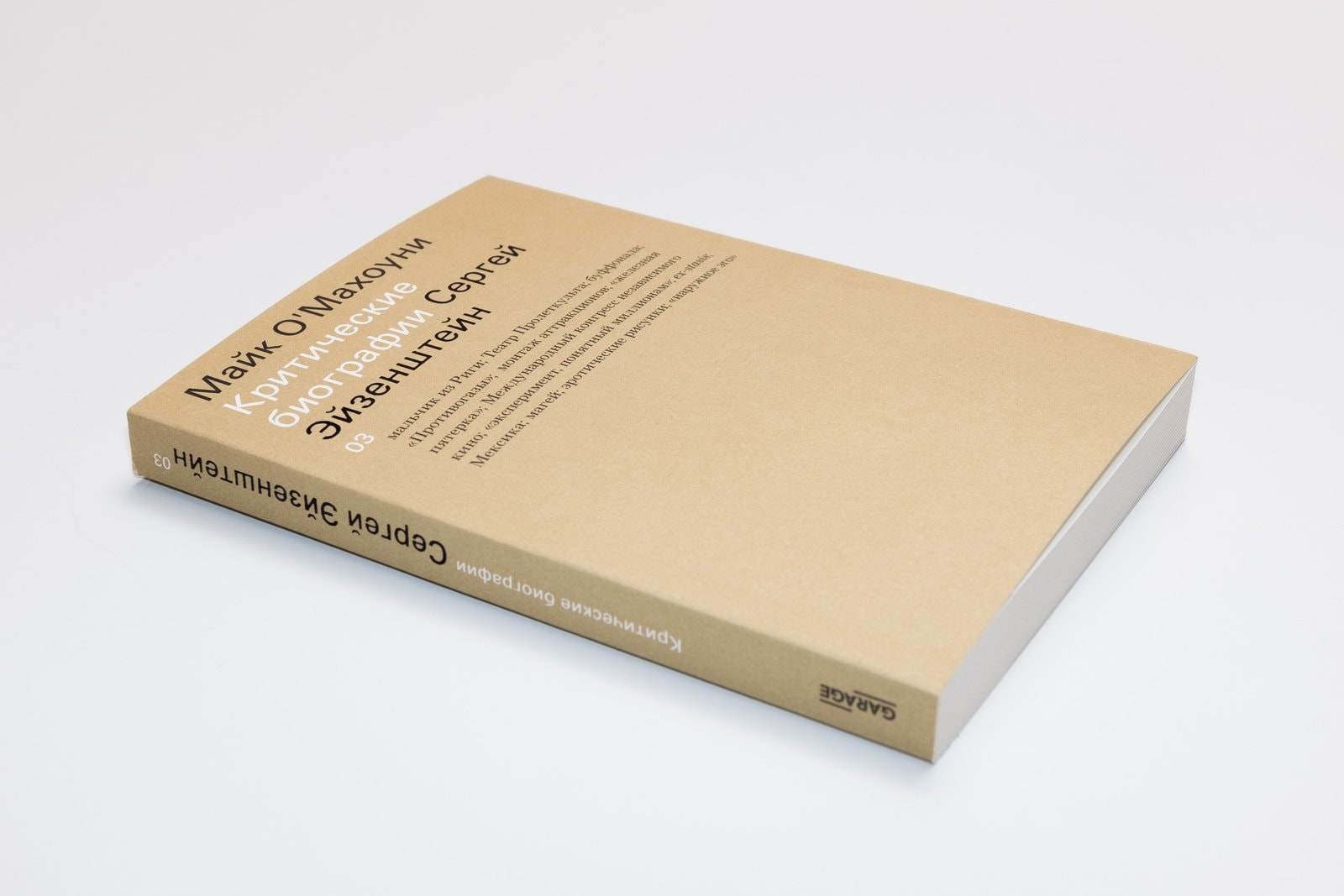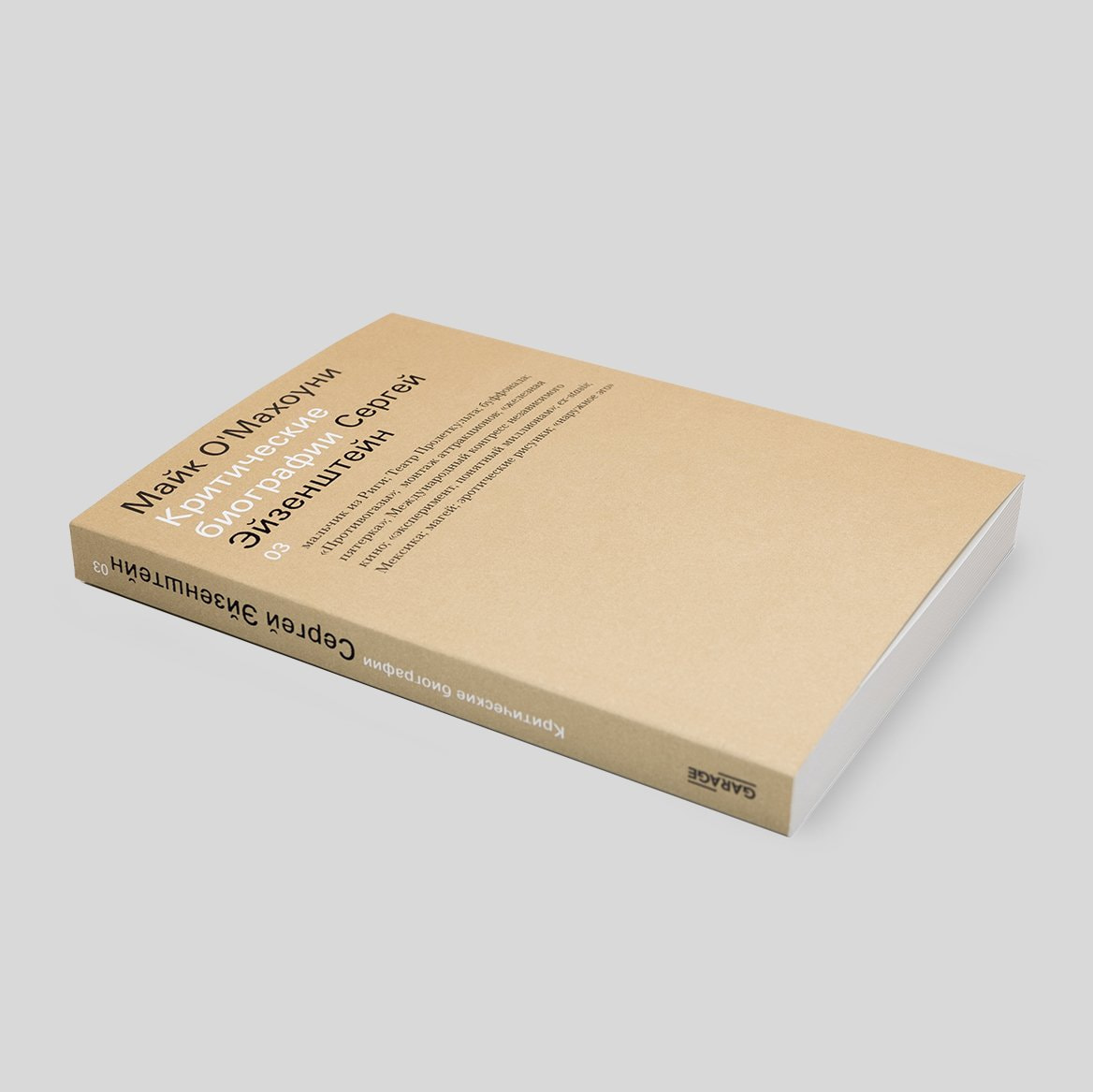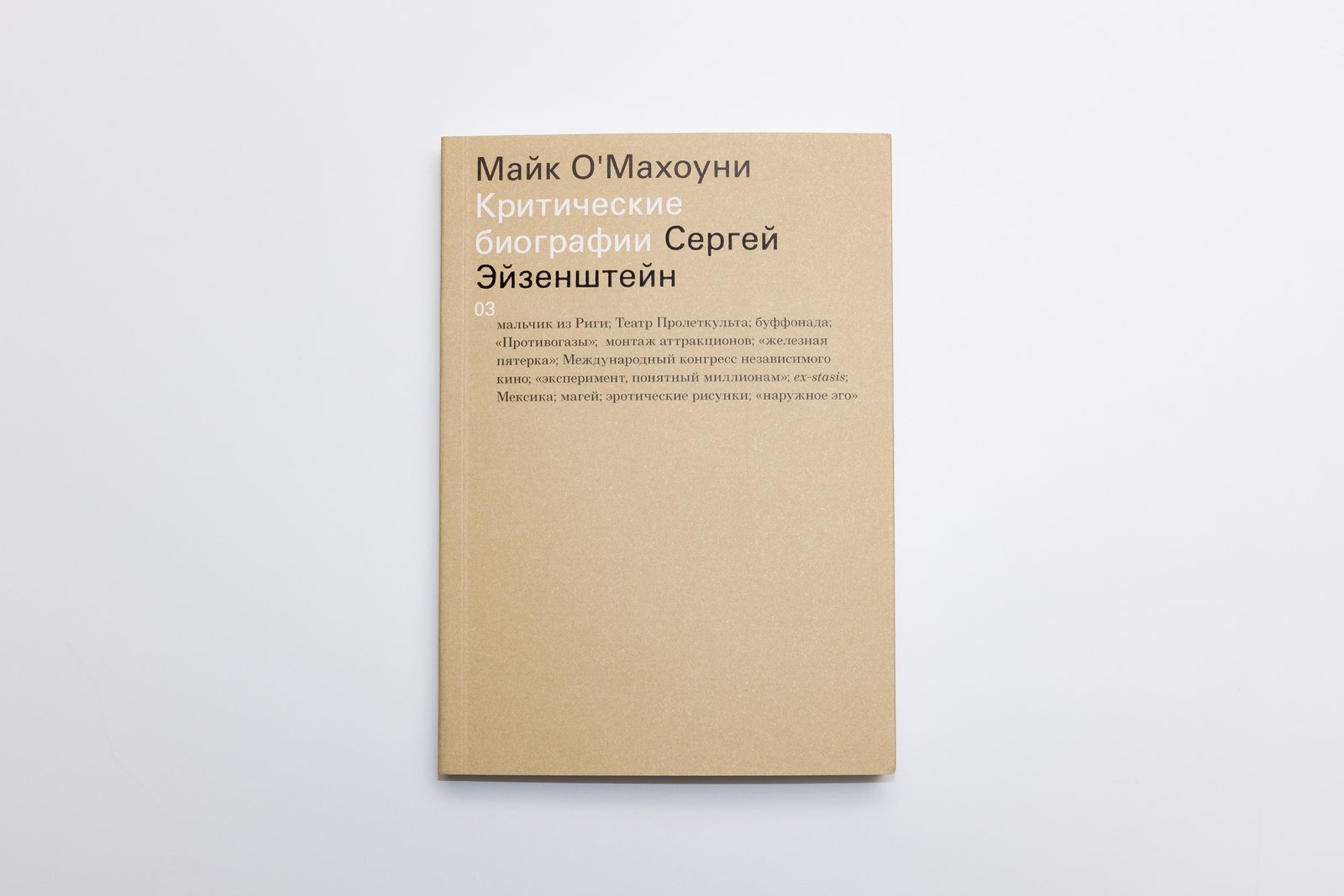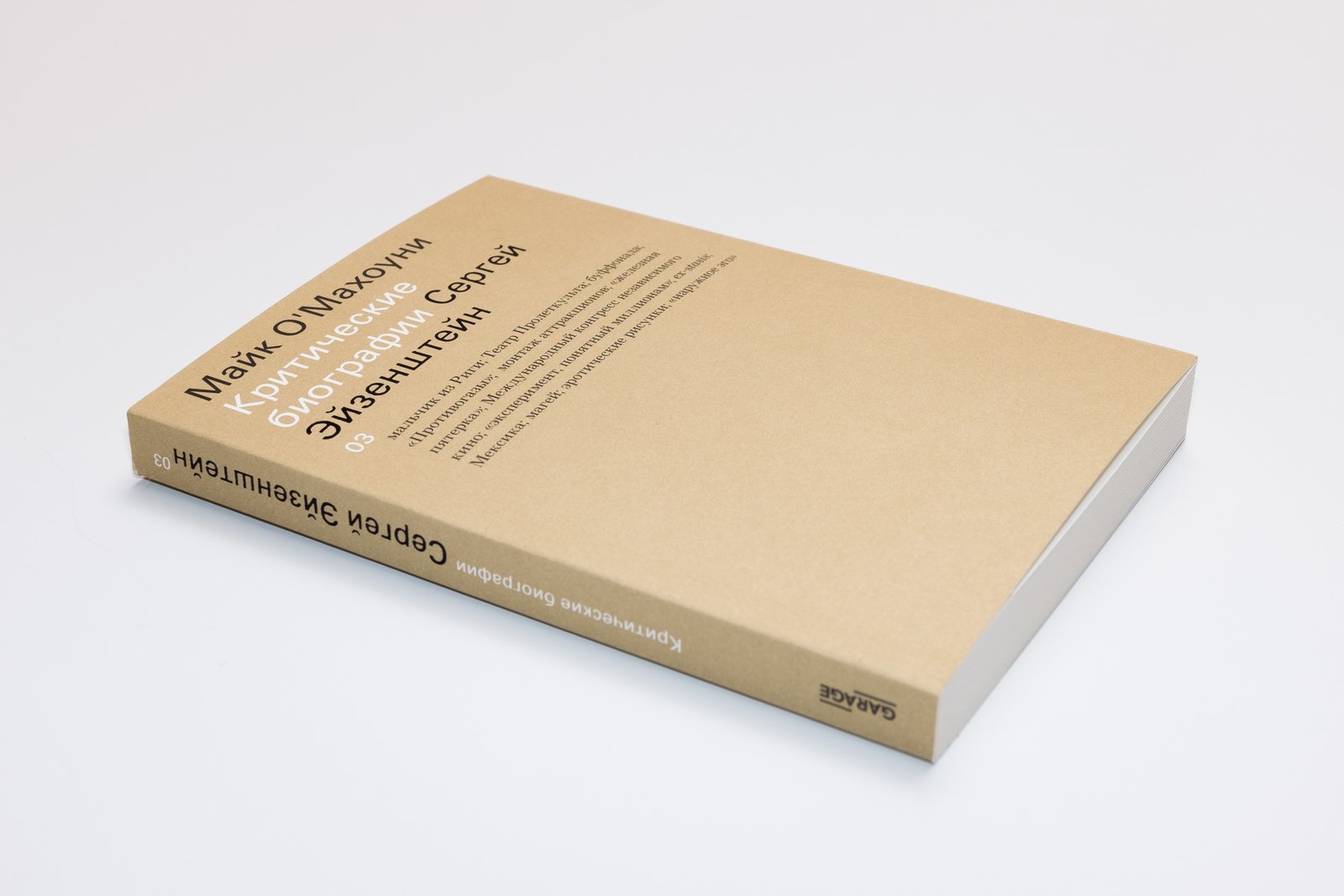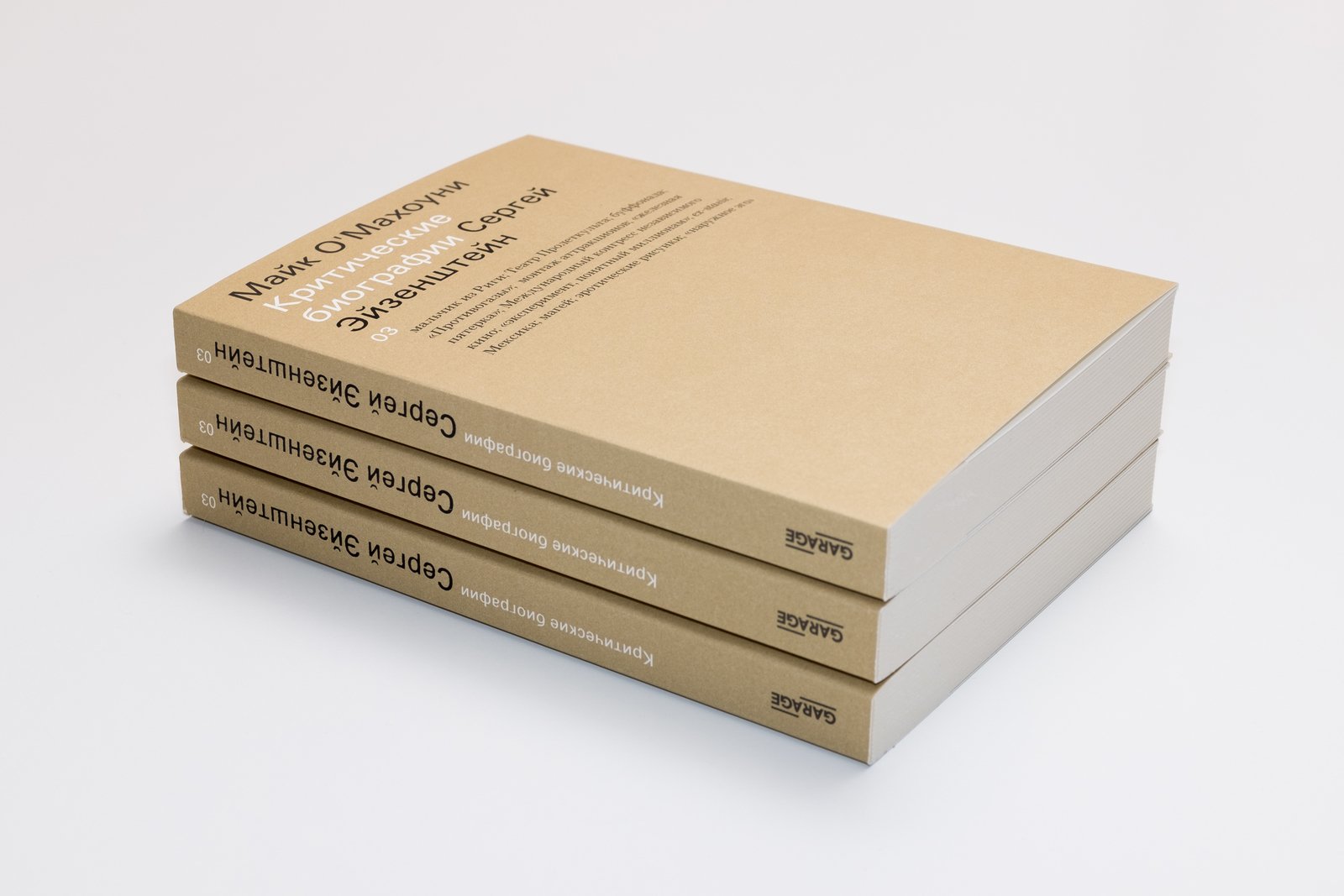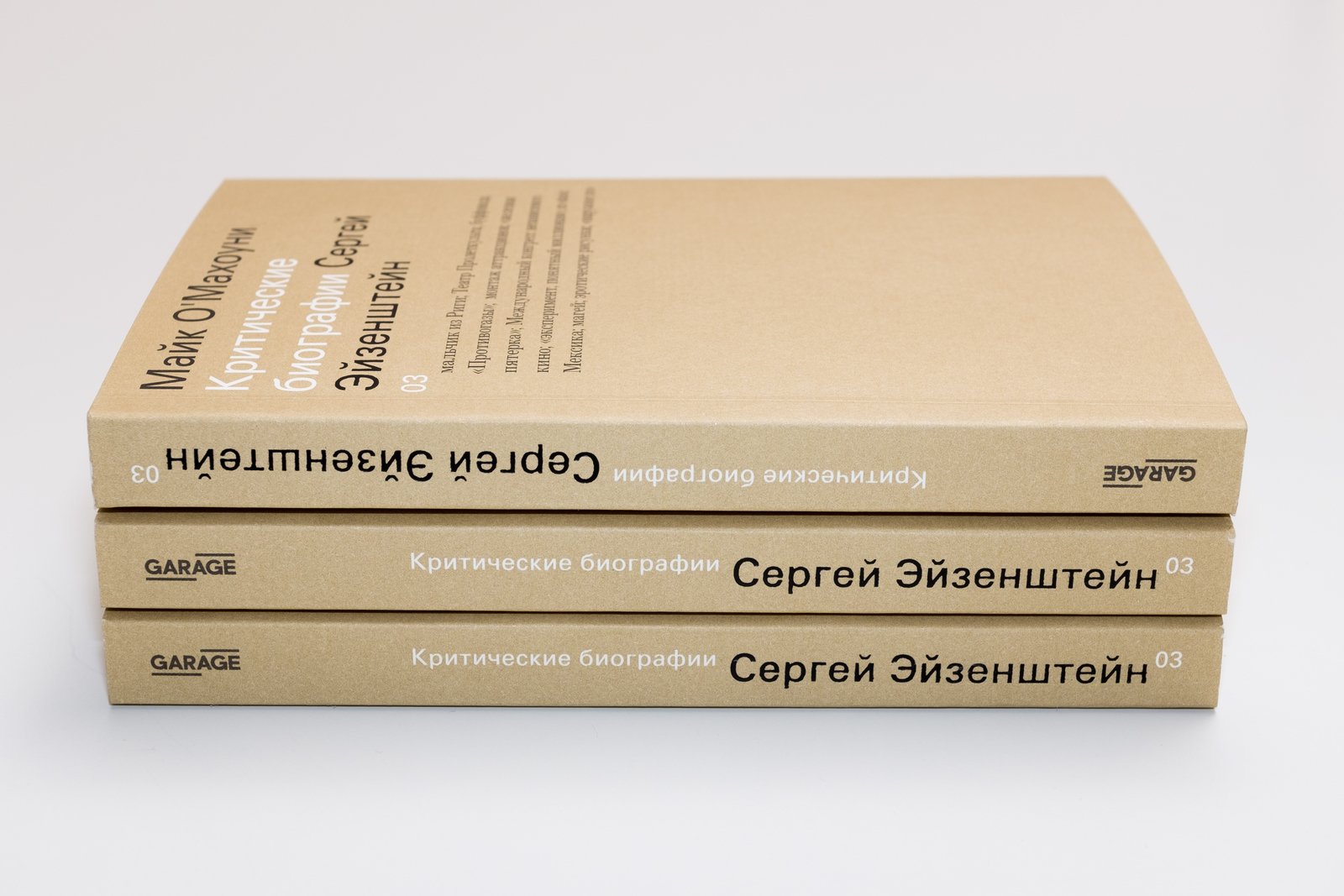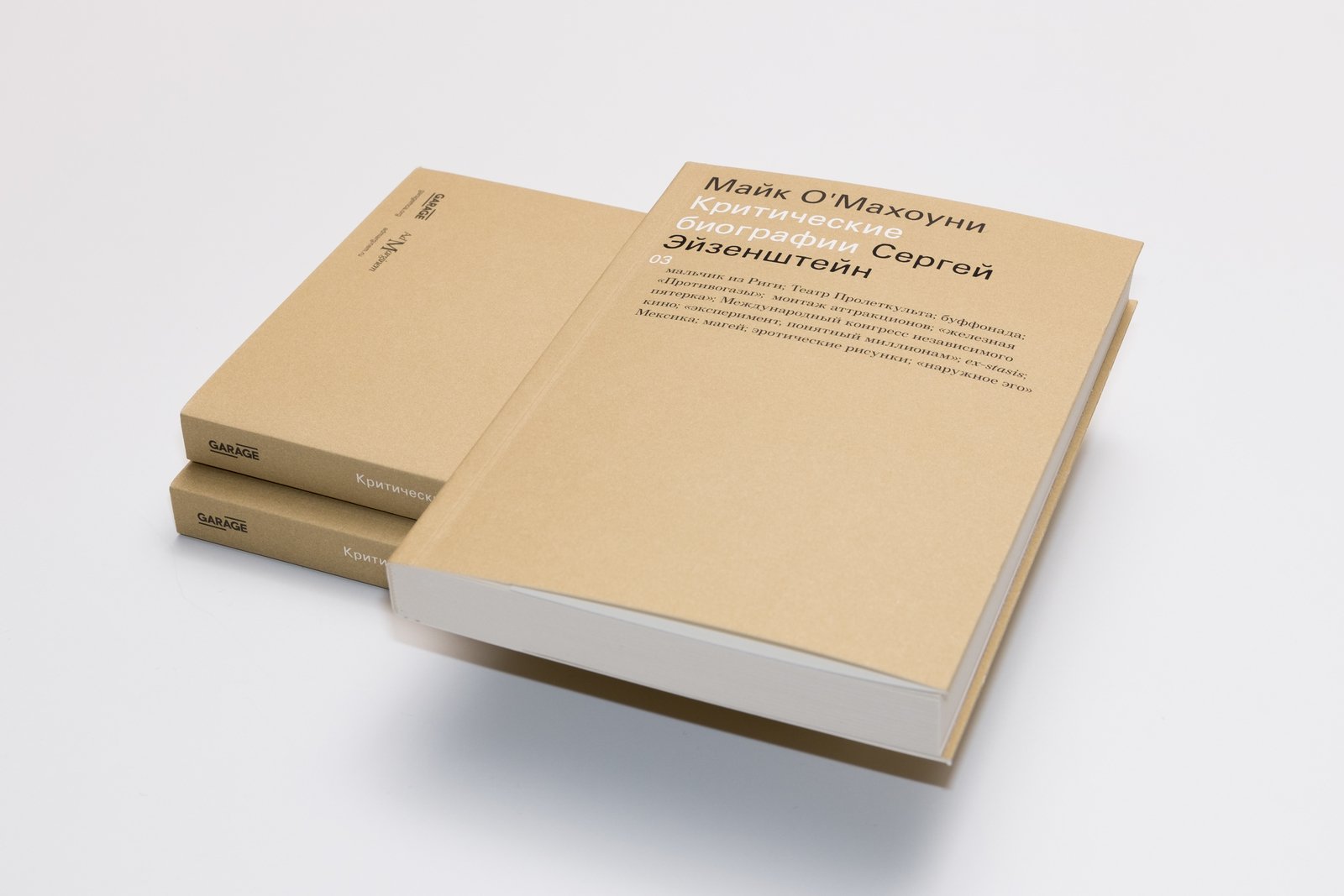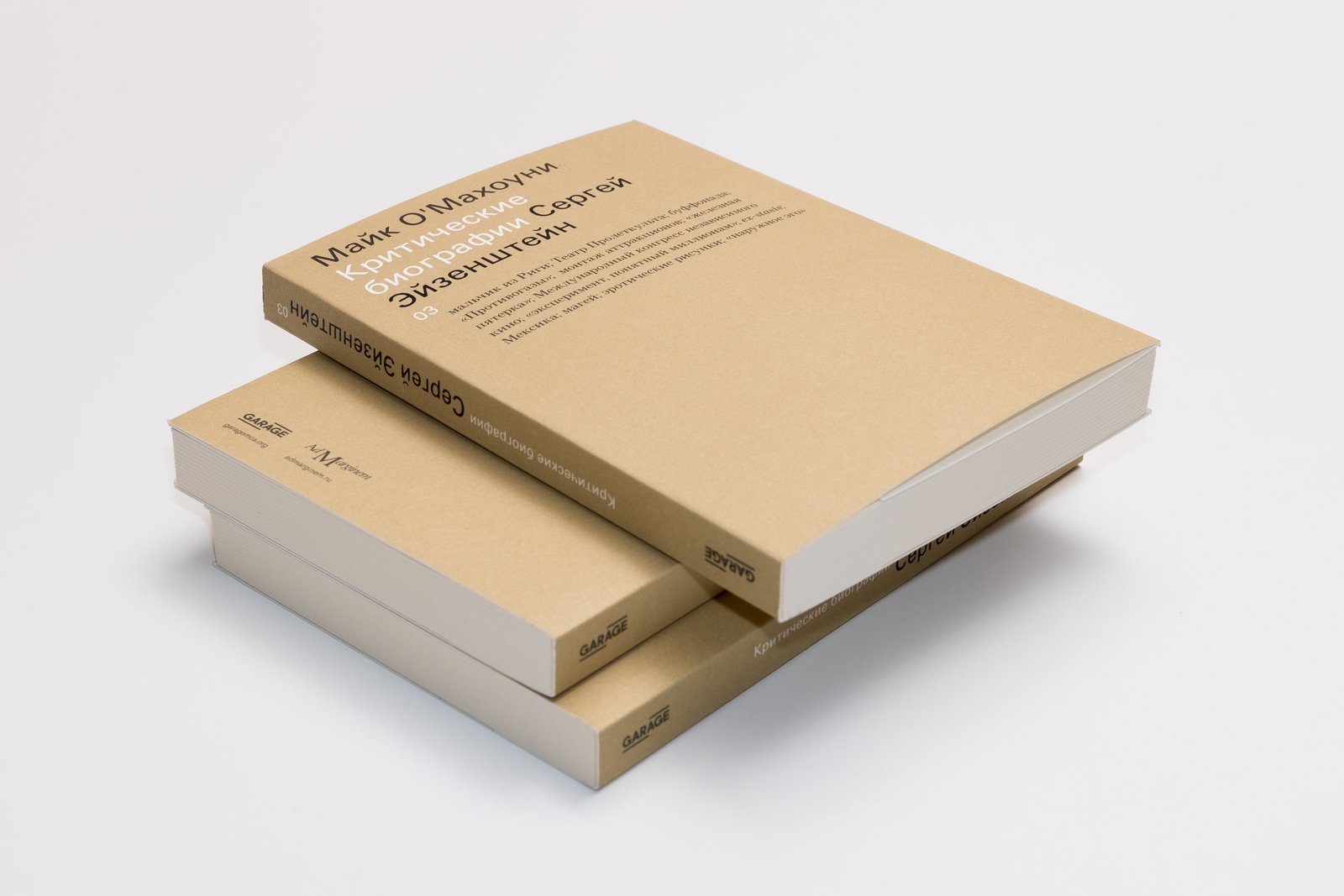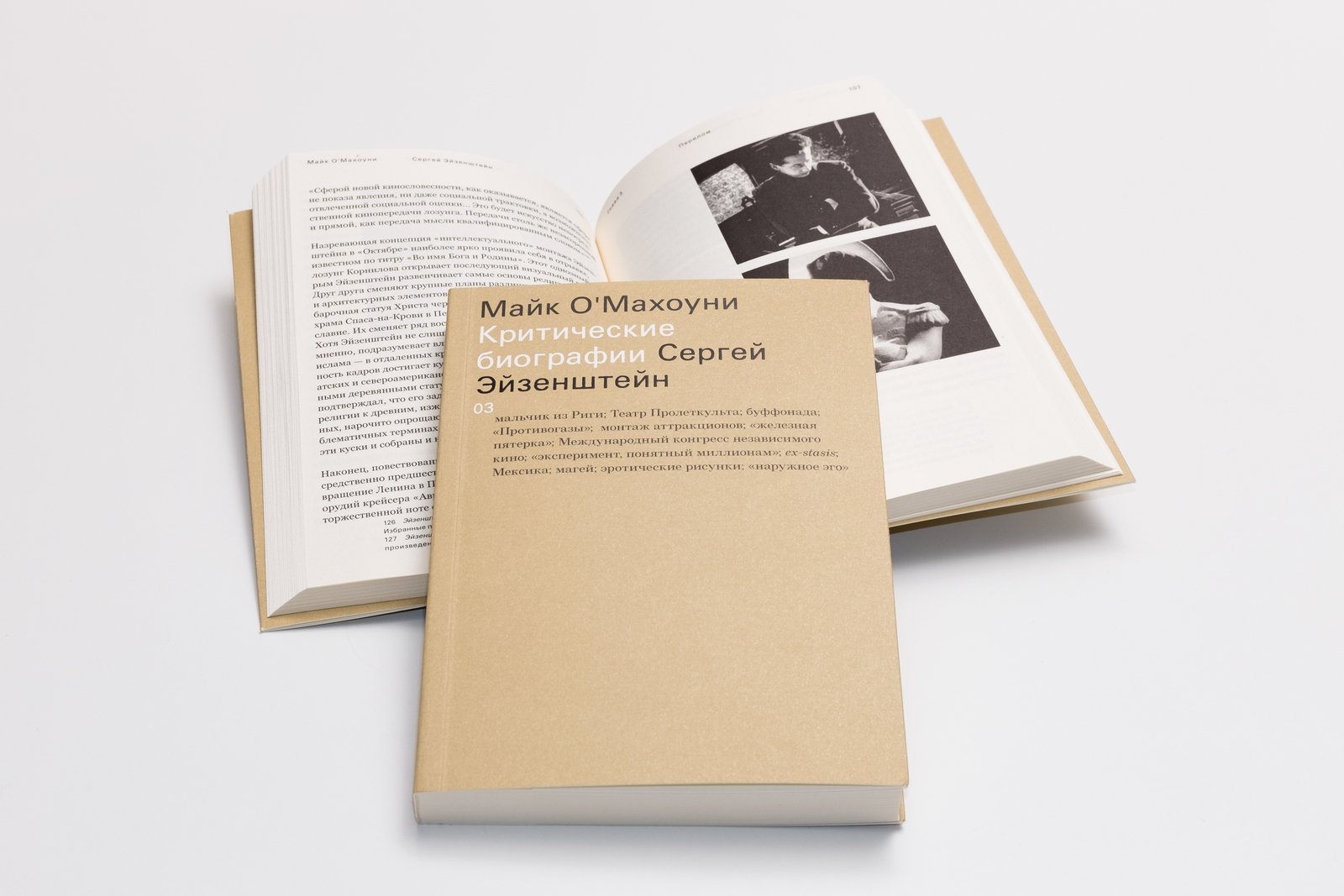A recent study on pioneering Soviet filmmaker Sergei Eisenstein looks at the early days of avant-garde cinema and the role of the state in its development.
“While these works undeniably bear the hallmarks of a highly individual mind, I shall also argue that, despite their seemingly universal appeal, they were very much the product of the time and place in which they were made, namely the Soviet Union under Stalin. This, I would contend, left an indelible mark upon Eisenstein’s entire creative output.”
In his new book on the legend of Soviet cinema, British scholar Mike O’Mahony presents a brief and well-structured biography of Eisenstein with a special focus on the context: Stalin’s reactionary “culture two,” which reached its zenith at a time when Eisenstein created some of his best works. The great director’s dependence on state support and the tricks he used to resist aesthetic dictatorship are among the book’s recurrent themes.
The text is structured chronologically and spans the period from Eisenstein’s early theater experiments with Vsevolod Meyerhold and his cinema debut Glumov’s Diary to his masterpieces Battleship Potemkin, October and Ivan the Terrible, and his writings, which brought him the fame of a great theorist as well as a great practitioner. A key episode in the book, as well as in Eisenstein’s life, is the international premiere of Battleship Potemkin at the 1926 Berlin Film Festival, which turned him into a star of international cinema and, according to Charlie Chaplin, the creator of “the best film ever made.”
Although O’Mahony does, like many other authors, contrast Eisenstein’s montage to the “emphasis on the long shot, slow pace and relative inaction” in the films of Tarkovsky— Eisenstein’s main rival in the hierarchy of Soviet filmmakers—he does admit that “in both his own backyard and the wider global village, Eisenstein’s legacy has cast a long shadow over filmmaking and will, no doubt, continue to do so in the future.”
